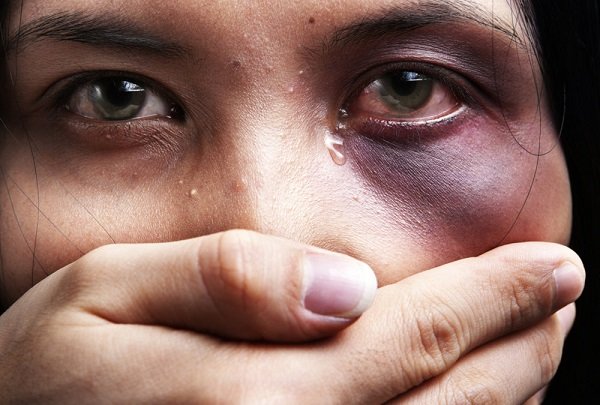Violence against women is a violation of human rights which seriously affects women and young girls and even the whole society.
Regarding their role in the family as those who are in charge of bringing up children, women's physical and mental health is of great significance. Therefore, violence has negative consequences not only for women but also for their families, the community and the country at large.
Drawing up national plans and policies to address violence against women in each country with regard to its constitutional laws and religious beliefs can play a major role in curbing brutalities against women.
Despite the figures revealing social vulnerability of women, the Iranian parliament has been delaying discussing bills on banning violence against women for years, women’s rights activist Leila Arshad said.“What matters more than the safety of women and young girls and why should we delay the adoption of the bill,” she asked rhetorically.
However, La’ya Joneidi, vice president for legal affairs, has said that the administration is utterly determined to approve the bill.
“The directorate for legal affairs has done its best to draw up and submit the bill in association with the directorate for women and family affairs,” Joneidi said, adding, “we hope that the bill will be brought to a vote at the cabinet and then before the parliament at the earliest opportunity.”
Due to its legal nature the bill was brought before the judiciary by the Guardian Council, it should not take long before it’s passed by the legislative body, Joneidi said.
“The procedure is pretty time-consuming and we cannot decide an exact time for the formal adoption of the bill,” she stated.
As explained by officials, Iran’s legislative body is seriously considering the adoption of the new bill on exercising women’s right. However, the reservations and procrastination may lead to some irreparable damage to this vulnerable group.
Key facts about violence against women
Violence against women – particularly intimate partner violence and sexual violence – is a major public health problem and a violation of women's rights.
Global estimates published by World Health Organization (WHO) indicate that about 1 in 3 women (35%) worldwide have experienced either physical and/or sexual intimate partner violence or non-partner sexual violence during their lifetime.
Most of this violence is intimate partner violence. Worldwide, almost one third (30%) of women who have been in a relationship report that they have experienced some form of physical and/or sexual violence by their intimate partner in their lifetime.
Globally, as many as 38% of murders of women are committed by a male intimate partner.
Violence can negatively affect women’s physical, mental, sexual, and reproductive health, and may increase the risk of acquiring HIV in some settings.
Men are more likely to perpetrate violence if they have low education, a background of child maltreatment, exposure to domestic violence exercised by their mothers, misuse of alcohol, unequal gender norms including attitudes toward violence, and a sense of entitlement over women.
Women are more likely to experience intimate partner violence if they have low education, living with a mother who has been abused by a partner, abuse in childhood, and attitudes accepting violence, male privilege, and subordinate status for women.
Evidence shows that advocacy and empowerment counselling interventions, as well as home visitation are promising in preventing or reducing intimate partner violence against women.
Prevention and response
There is some evidence from high-income countries that advocacy and counselling interventions to improve access to services for survivors of intimate partner violence are effective in reducing such violence. Home visitation programs involving health worker outreach by trained nurses also show promise in reducing intimate partner violence. However, these have yet to be assessed for use in resource-poor settings.
To achieve lasting change, it is important to enact and enforce legislation and develop and implement policies that promote gender equality by improving women’s access to paid employment and developing and resourcing national plans and policies to address violence against women.
BS/PR

























Your Comment